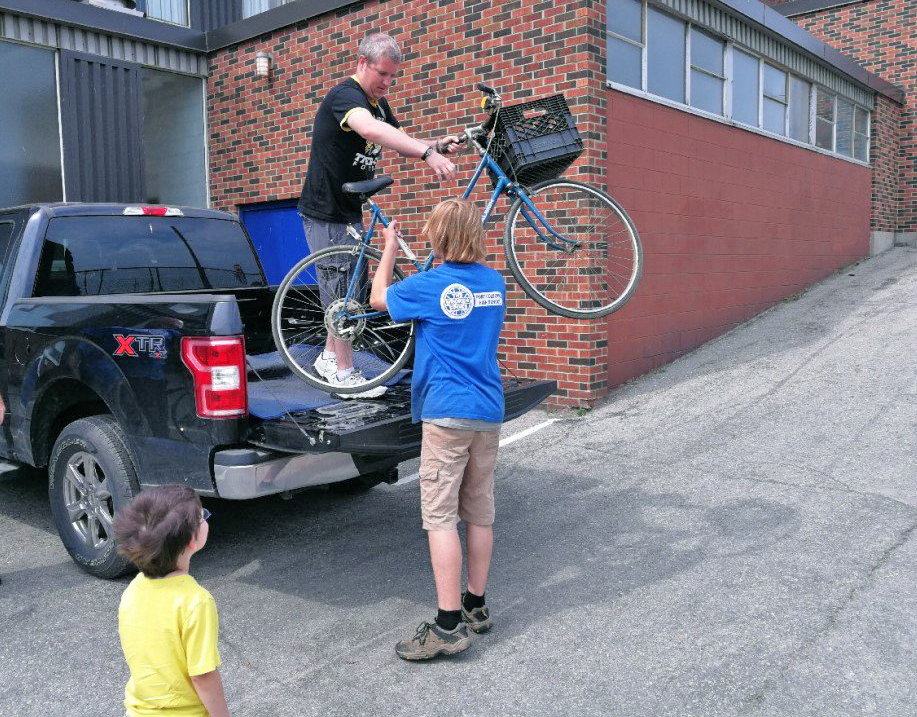Blog Contributor: Noah Nickel
As you make your way back to Brock this upcoming school year, you might notice a few new eye-catching monoliths that have sprung up around campus.
These new Brock Red campus landmarks don’t just add a splash of colour across campus, but they actually serve a pretty major function for visitors and new students, staff, and faculty alike.
Gone are the days of hopelessly asking the nearest bystander for shoddy directions to a building on the opposite end of campus, now with these new way finding signs traversing Brock’s ever-growing campus will be a breeze for all who come here.
What makes these signs so interesting to us here at Brock Sustainability is that they are solar powered. So not only are these new signs a great functional and aesthetic addition to the Brock campus, but they’re also sustainable, and that’s a win-win if you ask us.










